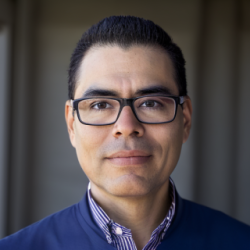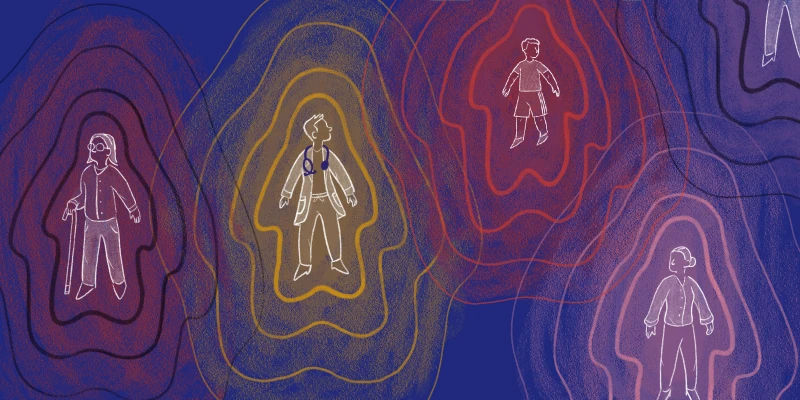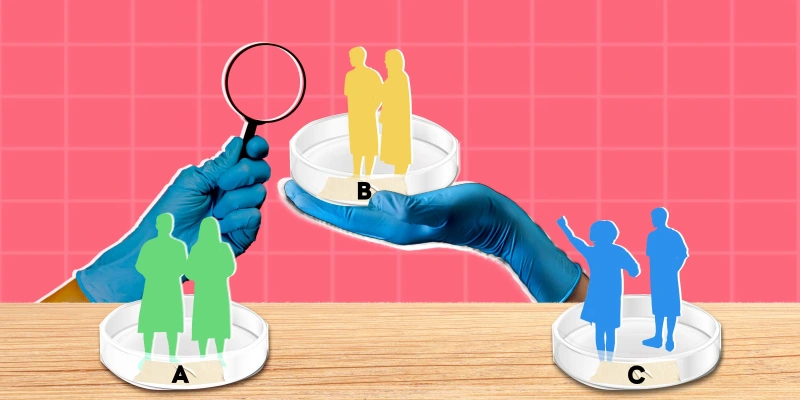Friday, April 29:
Male Fertility
It will be an early Friday morning for urologists, fellows, and trainees interested in male fertility. The first poster session of the national meeting is moderated by Drs. Kathleen Hwang, Jesse Mills, and Peter Schlegel.
Among the research presented in this session, we are particularly excited for Dr. Andre Belarmino and Dr. Jim Smith’s work using data from a national company offering mail-in semen analysis and cryopreservation. An innovation propelled by the COVID-19 pandemic, the authors quantified the impact of time on sperm motility and total motile sperm count. These mail-in options improve convenience and sense of privacy but variability in shipping will have to be mitigated to ensure best outcomes possible.
Pediatric urology
At the intersection of fertility and pediatric care, Dr. Grace Sollender will discuss qualitative research used to understand the experience of pediatric patients diagnosed with varicoceles and their parents. Her work may pave the way to improve decision making for patients and parents with varicoceles diagnosed earlier in life.
Oncology
For clinicians taking care of patients with kidney cancer, Dr. Shuch is giving a state-of-the-art lecture on the differing treatment pathways and emerging care options for different histologic subtypes of Renal Cell Carcinoma.
Urologic oncology researchers and fellows should plan to spend their afternoon at the Urologic Oncology Research Symposium. Renown researchers will break down the process of designing, organizing and implementing clinical trials. Brian Shuch MD will review the role of biomarkers in clinical trials. Isla Garraway, MD, PhD moderates the symposium and also shares her experiences with tissue based correlative studies and the logistical challenges that range from banking tissue to finding funding for this more complex research approach.
Finally, urologists who are caring for men with prostate cancer should seek out Dr. Robert Reiter’s overview of PSMA-PET. When emerging role is this imaging technology playing in the management of prostate cancer?
Female Pelvic Medicine and Reconstruction
Dr. Lenore Ackerman has a busy Friday. Academicians and researchers interested in chronic pelvic pain should plan to attend the Basic Sciences Symposium. This session will be focused on cutting-edge research seeking to understanding causes and treatment options for chronic pelvic pain. That afternoon, she is then translating existing research to an instructional course on the management of interstitial cystitis and bladder pain.
Endourology
Percutaneous surgery is not without its challenges. For urologists performing percutaneous nephrolithotomy (PCNL), Dr. Kymora Scotland is part of an instructional course designed to address the most common and unusual complications, including maneuvers to reduce the risks of this essential surgery for large and difficult stones.
Saturday April 29:
Female Pelvic Medicine and Reconstruction
Drs. Victor Nitti and Ja-Hong Kim are leading an instructional course on stress incontinence and urethral reconstructive surgery including review of surgical approaches and prevention and managing of potential complications of vaginal surgery.
Endourology
As part of an instructional course on urinary diversions and related complications, Dr. Matthew Dunn will highlight the endoscopic management of different conditions that arise in patients with these diversions.
Health Services Research
Drs. Jonathan Bergman and Christopher Saigal share lessons learned from incorporating a shared-decision making (SDM) tool for prostate cancer at UCLA, Vanderbilt, and Olive View-UCLA. Use of SDM helps patients make a decision and requires fewer visits and less time in the office to make a decision regarding how to proceed with the management of their prostate cancer.
Sunday April 30:
Transplant
Dr. Nima Nassiri will provide initial data on the first in-human clinical trial of bladder transplantation including surgical technique and early discussion of future use cases.
Endourology
Given the ever-enlarging armamentarium when it comes to addressing enlarged prostates and urinary symptoms, Dr. Matthew Dunn will provide an overview of tends and changes in the surgical management of BPH.
Health Policy
As part of the Society for Sexual Medicine and Reproduction program, Dr. Juan Andino will review the role of health policy and advocacy as it relates to male fertility as well as ways to get involved through the AUA. In a sub-specialty area where insurance coverage remains limited, designing research and disseminating findings to key stakeholders is the key to driving positive change for patients.
Sexual Medicine
Keith Regets, senior PA-C at UCLA Men’s Health clinic, will be discussing the role of advance practice providers (APP) in Men’s health. With a known shortage of urologists and primary care doctors and an aging population, APPs are essential to ensuring access to high quality care.
Finally, the Sunday morning plenary will finish with a point-counterpoint discussion regarding the management of Peyronie’s disease. In this session moderated by Dr. Helen Bernie, I will review the role of Collagenase clostridium histolyticum for non-surgical treatment of select patients with a palpable penile plaque.
What should attendees be listening for in this plenary session?
In this sexual medicine panel, 5 experts will be reviewing all the treatment options for helping men who suffer from a typical case of bothersome Peyronie’s disease. Importantly for those in attendance, data surrounding expected improvements in curvature and length will be highlighted.
This session will highlight strategies that can be used from small, community urology practices to complex reconstruction performed by fellowship-trained specialists. People will leave with a good understanding of the data supporting different treatment options and the potential to combine treatment options from traction to surgery to engage patients in shared decision-making and consider their personal preferences.
Dr. Mills and Dr. Andino have no conflicts of interest to report.
Image by GoodStudio / Shutterstock






